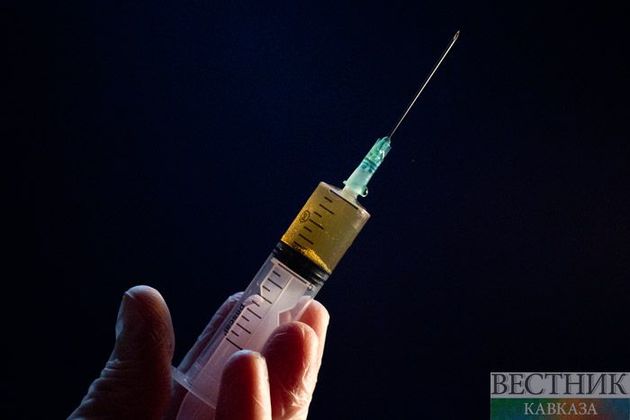Leaders of the Group of 20 major economies pledged Monday to do their utmost to ensure all nations have fair access to COVID-19 vaccines when they are developed and to cushion the global economy from the impact of the coronavirus pandemic. The Japan Times reports in its article G20 vows fair distribution of COVID-19 vaccines to all nations that the leaders said in a declaration released after their two-day virtual meeting chaired by Saudi Arabia: "The G20 countries will spare no effort to ensure affordable and equitable access to COVID-19 therapeutics and vaccines for everyone." The leaders said they "stand united in our conviction that coordinated global action, solidarity, and multilateral cooperation are more necessary today than ever to overcome the current challenges."
While the world economy is partially picking up, its recovery from the slump caused by the novel coronavirus pandemic remains "uneven, highly uncertain and subject to elevated downside risks," the G20 leaders said, touching on renewed outbreaks in some economies. "We underscore the urgent need to bring the spread of the virus under control, which is key to supporting global economic recovery. We are determined to continue to use all available policy tools as long as required to safeguard people's lives, jobs and incomes," the leaders said.
The G20 nations, meanwhile, endorsed a plan, already agreed on by their finance ministers and central bank governors, to extend their debt repayment suspension program for poor countries by six months to June 2021. Their finance chiefs will examine by next spring whether to extend the program by another six months. The debt relief program, called the Debt Service Suspension Initiative, was launched in May by the G20 and Paris Club of traditional creditor nations after the outbreak of the virus saw vulnerable countries saddled with higher financing costs. While the G20 declaration showed support for multilateral trading systems, there was no mention of fighting protectionism. The G20 leaders have not used the word protectionism in their statements since 2018 after opposition from the United States, which has implemented protectionist trade measures under outgoing President Donald Trump's "America First" policy. Trump briefed his counterparts on the "economic model he has enacted" such as through cutting regulations and negotiating trade agreements grounded in the principles of "fairness and reciprocity," while encouraging the G20 to continue to work together to achieve prosperity and peace for all nations, according to the White House.
The second virtual G20 summit under Saudi Arabia's presidency, following the first in March, came as many countries in Europe and elsewhere have been seeing more virus cases as winter approaches, increasing downside risks to growth recovery and uncertainty over the coming months. The pandemic has led to strict travel restrictions and hard lockdowns in many cities across the world that have left major economies reeling from annualized contractions of a real 20% 50% in the April-June period from the previous quarter. They sharply recovered in the July-September period but were still behind pre-pandemic levels.
The G20 groups Argentina, Australia, Brazil, Britain, Canada, China, France, Germany, India, Indonesia, Italy, Japan, Mexico, Russia, Saudi Arabia, South Africa, South Korea, Turkey, the United States and the European Union. Saudi Arabia handed over the rotating G-20 presidency to Italy.






